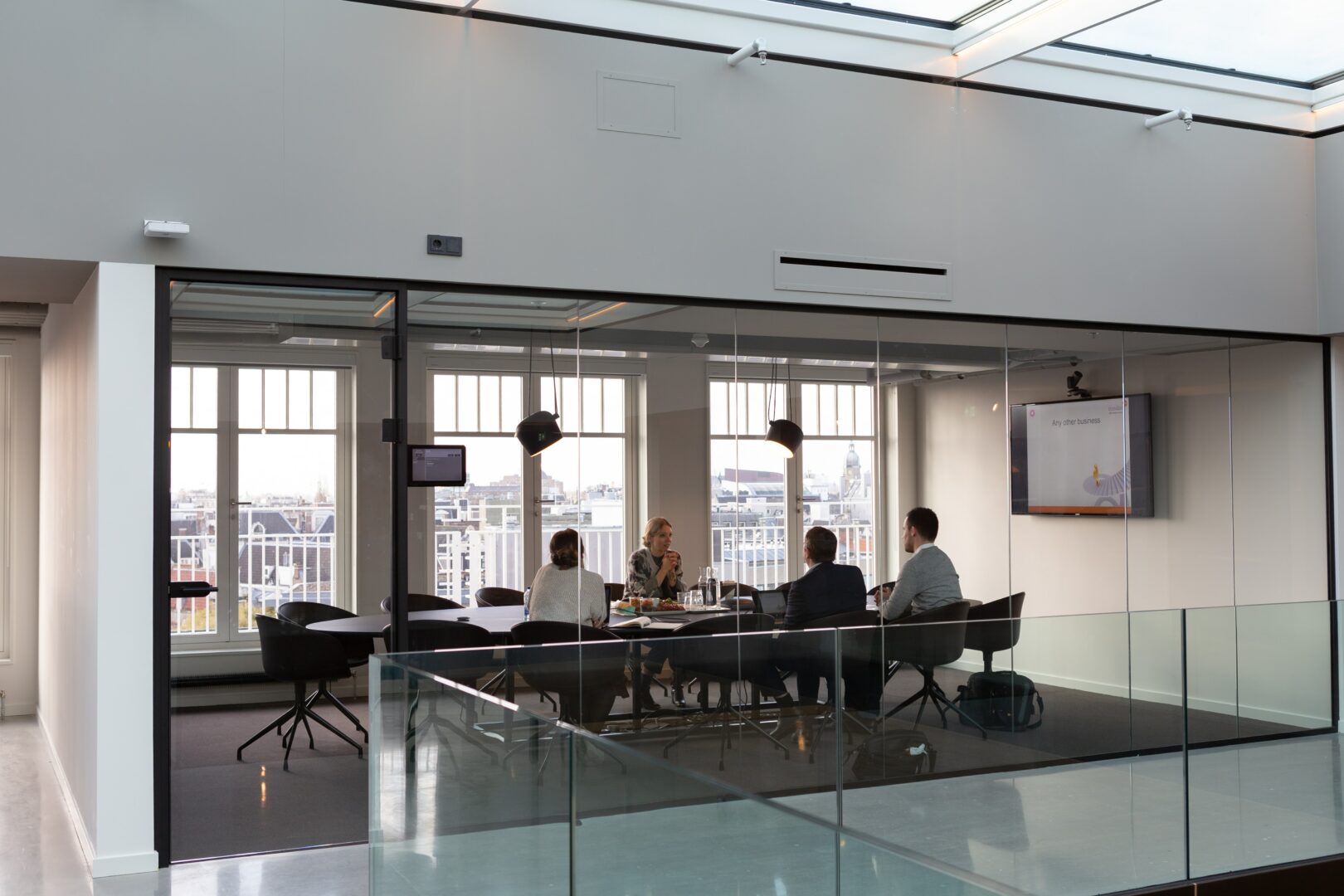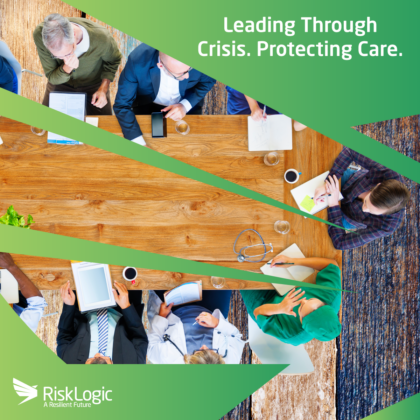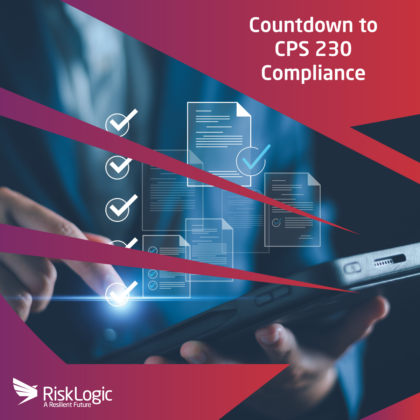-
Url copied to clipboard.
Article by Risklogic team
As boards move beyond crisis management, specific risks and organisational issues are increasingly top of mind. In turn, Business continuity finds itself embedded into more organisational fabric – producing more focus on corporate resilience.
While the argument can be made that it’s too little, too late, RiskLogic is seeing a positive shift in those who are now more able to deal with concurrent events.
As the Delta variant continues to evolve, leadership teams are needing to consider a longer term approach to their response. This focus heavily involves a new culture of resilience that has people front and centre.
Psychological safety, a term coined by numerous employee surveys, has become one of the top considerations for employers in 2021. Seek.co.nz reported an increase last quarter in candidates applying for more flexible working arrangements from their would-be employer. This same report added that many departing employees are seeking workplaces that are better able to address the concerns of a diverse workforce.
According to Business Insider, Australia, company leaders ranked psychological safety the third most-valuable way to ensure a safe work environment, and 57% highly value psychological safety, according to Aon’s 2021 Global Wellbeing Survey of more than 1,600 companies.
“Maybe that means people are judged more on merit, which might increase diversity as people are evaluated on the quality of their work instead of the old boys’ club. If you’ve been coasting on your personality and not on your work, this is not a good era for you,” says David Lat, a longtime analyst of law firm culture and a former top-tier recruiter.
Corporate resilience & people.
Faced with a global crisis in 2020, board directors and executives reported a renewed focus on corporate resilience as RiskLogic client feedback suggests.
When board directors were asked about the topics on their 2020 agendas, corporate resilience made the biggest jump since prior years, not surprisingly amid a global pandemic. This commitment doesn’t appear to be slowing down, and some of the best are also turning their attention to more impactful staff demands within workplaces.
Personal resilience was seen as a key element to resilience programs across all types of organisations. Many board members and leadership teams have reported on crisis response teams being active for nearly 24 months. This heightened level of response has become exhausting for most, and leaders need to recognise this.
Now, as boards (and the rest of us) look toward a COVID-19 recovery, teams are shifting their attention toward more specific risks and organisational and cultural issues. Some supermarkets across Australia battle less with the restrictions of supply chain and customer numbers, and more with the wellbeing of their employees who are potentially exposed to risk every day.
The most adaptable boards, according to the directors we have spoken to during the pandemic, were more likely than their peers to have resilience on their agendas, and provide a focus to both organisational resilience, and personal resilience.
As the RiskLogic consulting team continues to meet and work with more directors, crisis managers and executives, one thing is clear, those with a focus on enhancing corporate resilience are the ones more likely to succeed.
To discuss your board & executive team’s resilience agenda, you can contact our expert team for a no obligation discussion.




